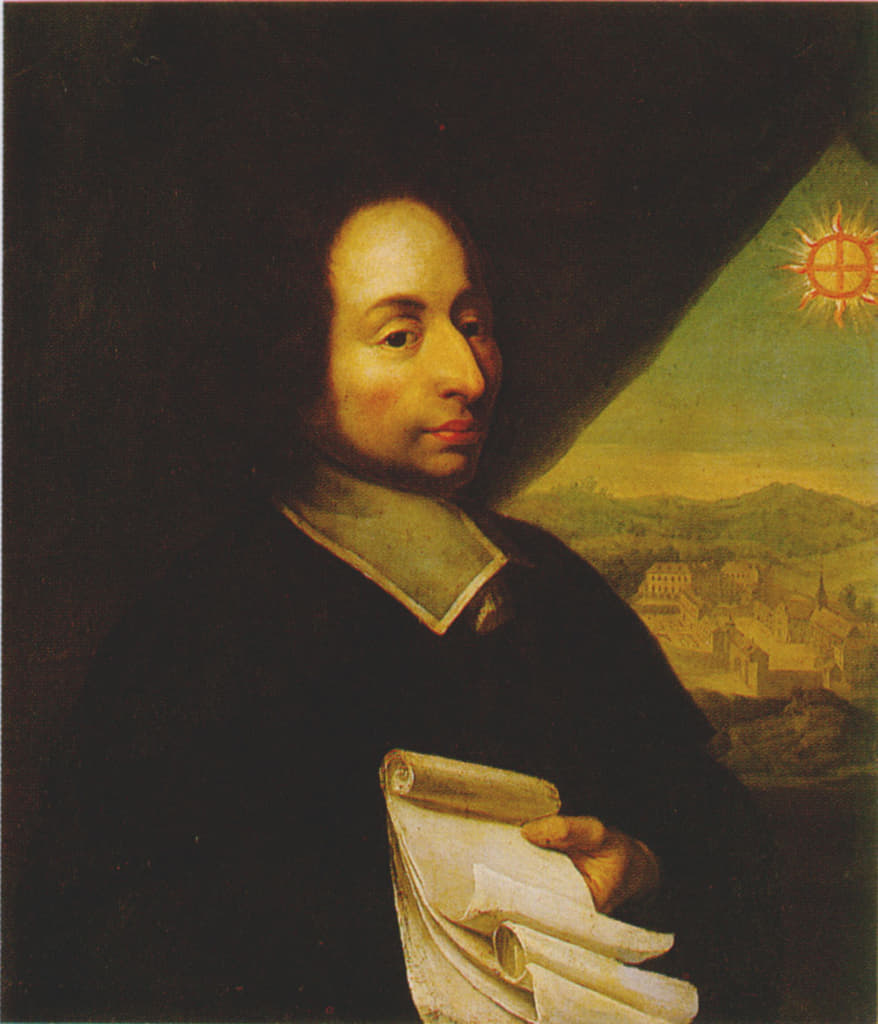Pierre Manent has published a new book, entitled Pascal et la proposition chrétienne (Pascal and the Christian Proposition). It is a rich and dense work which seems to us to be of the utmost importance. It is nevertheless a demanding work, and I fear that many of our contemporaries will not be able to penetrate it, so much has Christianity in particular and the question of God in general have become foreign to their preoccupations and even to their culture.
It is on this theme that Pierre Manent’s reflection opens. The doubt that assails Europeans, the self-hatred that they often manifest, the forgetfulness and even the rejection of their history, stem from the fact that “Europeans do not know what to think or what to do with Christianity. They have lost the intelligence and the use of it. They no longer want to hear about it” (p. 7). We no longer perceive the new radicality of Christianity, nor do we measure the change brought about, after the Reformation and the Wars of Religion, by the progressive implementation of the “sovereign State” which, in the name of a supposed philosophical and religious “neutrality,” has ended up monopolizing all authority, including the spiritual authority of “values”—”There is no law above that of the Republic”—so much so that the power of the Sovereign State has become limitless.
A Religion Like No Other
Now, it was in the middle of the 17th century that the sovereign State was being fashioned, and it is in this unprecedented context that Pascal, in an unfortunately fragmentary and unfinished way, reflected afresh on the “Christian proposition,” to use Pierre Manent’s expression, namely that of the Christian faith, of the very possibility of the Christian faith. Because of this reflection, Pascal is particularly adapted to our time, a precious guide, but a guide difficult to follow without a sure master to lead us. This is what Pierre Manent does in a pedagogical and luminous way, by developing for us the way Pascal envisages this “Christian proposition.”
We know that Pascal was very engaged in the quarrel between grace and freedom and that he chastised the Jesuits for advocating a more accommodating religion so as not to see so many lukewarm souls, indifferent to the Gospel, drift away from the Church—the parallel with a certain current situation will not escape anyone! Yet, Pascal pleads, Christianity is not a religion among others. He does not justify it by the authority of the Church or of Scripture, but by the unique fact that it alone “adequately accounts for the principal ‘contrariety’ of the human condition, divided between greatness and misery” (p. 361)—it alone also dares to go against some of the most universal springs of human nature, such as love of enemies or forgiveness of offenses. The dogma of original sin accounts for this “contrariety”: “Certainly nothing strikes us more harshly than this doctrine [of original sin], and yet without this mystery, the most incomprehensible of all, we are incomprehensible to ourselves. The knot of our condition takes its twists, and turns in this abyss. So that man is more inconceivable without this mystery than this mystery is inconceivable to man” (Pensées, 122, quoted on p. 239-240).
The Enlightened Choice of the Heart
Pascal is not a theologian who seeks to rationally prove the existence of God. Faith does not need proofs; these are addressed to reason but it is not there that faith is decided: it is a gift of God who puts it in the heart of man. Pascal thus seeks to address the will—the famous “wager”—more than the intelligence, an approach which, nevertheless, is in no way opposed to reason: “The prophecies, the very miracles and the proofs of our Religion are not of such a nature that one can say that they are absolutely convincing, but they are also of such a nature that one cannot say that it is to be without reason to believe them” (Pensées, fr. 682, quoted p. 316). And Pierre Manent adds: “Nothing is more foreign to Pascal than the ‘leap of faith.’ He gives us rather a course of reason which leads us to a choice of the heart, of the knowing heart” (p. 361), because it is not a blind choice, but a reflected and enlightened one.
And yet, Pascal points out, few seem to make this choice: “The most significant fact is not the authority acquired by Christianity but, on the contrary, the theoretical or practical atheism of the immense majority of human beings, Christians included” (p. 365). Today even more than in Pascal’s time, the idea that the only great matter of life is the choice of God with what it implies for the salvation of the soul or its eternal loss does not interest many people. This brings us back to the problem of God’s grace being offered to all, and human freedom having that power to refuse it. “There is enough light for those who only wish to see, and enough darkness for those who have a contrary disposition” (Pensées, 139, quoted on p. 367).
To make the believer and the non-believer “live together” is not easy: the solution of modernity has been to push religion to the margins of public life. Pascal does not provide a political solution; but he does provide us with a demanding path, and one that is adapted to our time of incredulity: “And all we need to know is that we are miserable, corrupt, separated from God, but redeemed by Jesus Christ; and this is what we have admirable proof of on earth” (Pensées, fr. 402, quoted on p. 406).
Christophe Geffroy publishes the journal La Nef, through whose kind courtesy we are publishing this article.
Featured: “Blaise Pascal” portrait. Unknown artist, ca. 17th century.
